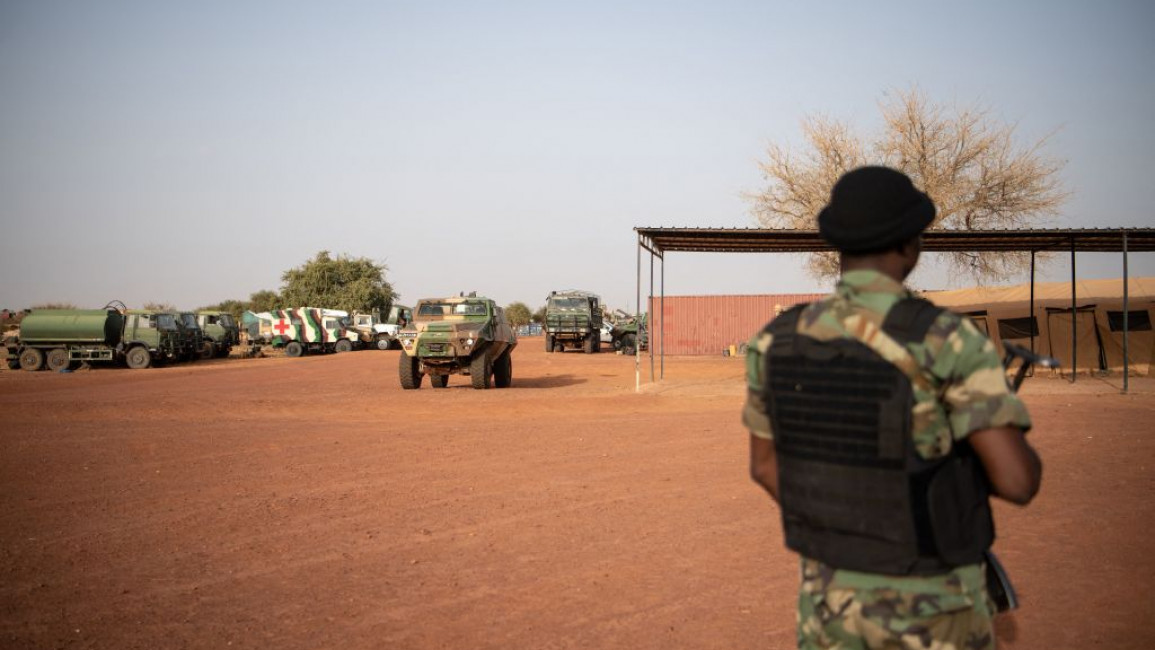Niger army kills seven suspected 'terrorists': ministry
Seven suspected "terrorists" have been killed and some 30 accomplices of the Boko Haram jihadist group arrested over the past two weeks in southeastern Niger, the defence ministry said Thursday.
The ministry, in its weekly bulletin on military operations, said the seven suspects were killed in the town of Gueskerou, near the Nigerian border.
The army also dismantled kidnapping gangs in N'Guigmi, further north and near the Chadian border.
The weekly report added that the army had, on September 9, intercepted 30 foreign nationals transporting goods for elements of the Boko Haram jihadist group.
Six people described as "Boko Haram accomplices" were also arrested during a military offensive in the Diffa region close to the Lake Chad basin, a strategic area where the borders of four countries converge -- Cameroon, Chad, Niger and Nigeria.
The Niger army gave no details of those arrested, but local sources said they were Nigerian nationals.
Meanwhile, the UN Office for Humanitarian Affairs (OCHA) in Niamey reported the movement of more than 2,000 displaced people, mostly women and children, from the islands of Lake Chad to safe areas after "threats from non-state armed groups".
Niger, the world's poorest country by the benchmark of the UN's Human Development Index, has been hit hard by the jihadist insurgency that began in northern Mali in 2012.
Niger is also facing an insurgency on its southeastern frontier with Nigeria -- a campaign launched by the notorious Boko Haram.
Boko Haram jihadists have rounded up Nigerian fishermen, abducting some and killing others in Niger's side of Lake Chad, local sources told AFP in early September.
Northeast Nigeria is facing a 13-year jihadist insurgency that has killed more than 40,000 people and displaced around two million more since 2009.



